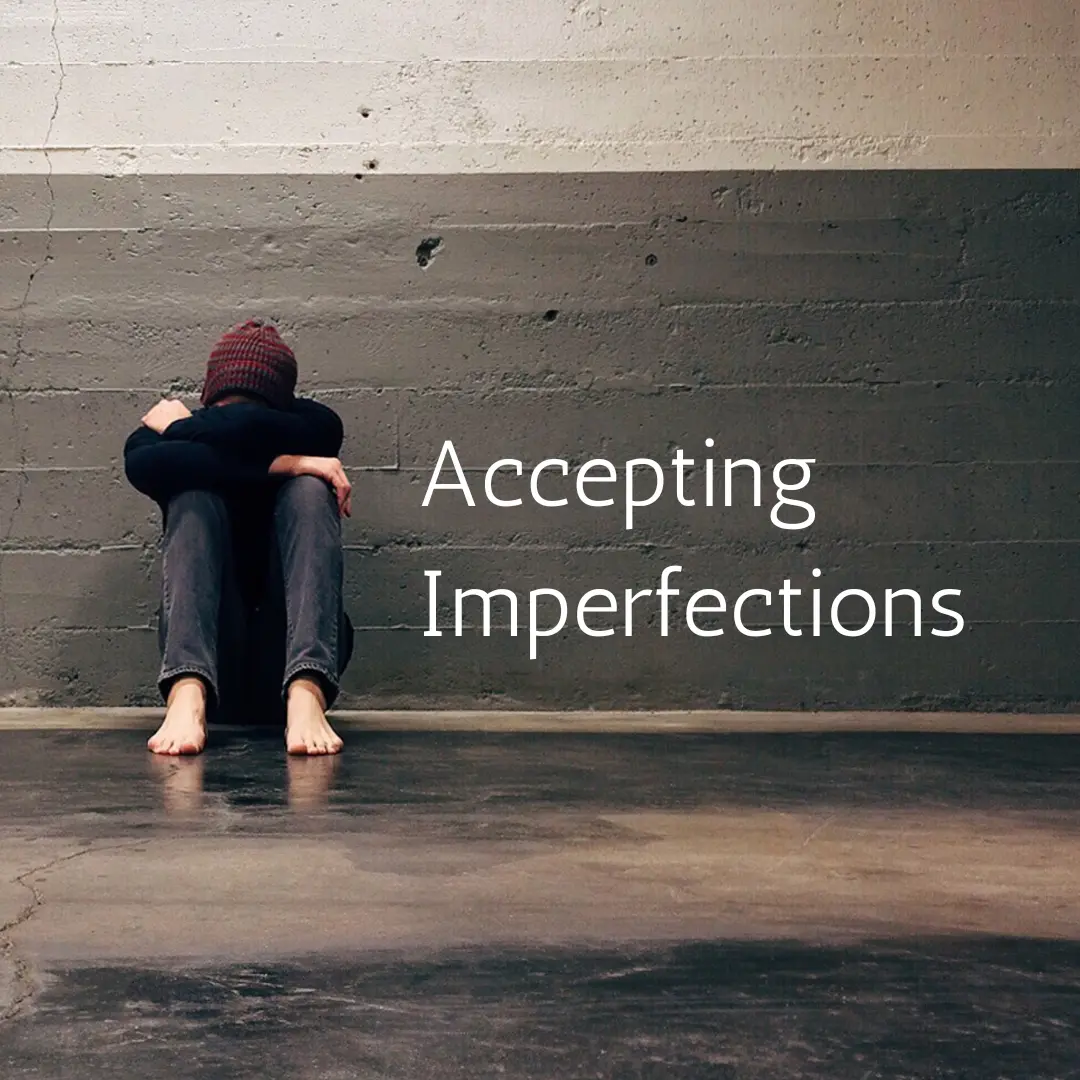In the hustle and bustle of life, amidst its myriad challenges and fleeting moments, there exists a profound wisdom in the simple yet profound statement: “Love what you have, before life teaches you to love.” These words, attributed to Tymoff, encapsulate a timeless truth about the essence of gratitude, contentment, and the art of appreciating life’s blessings.
The Power of Gratitude
Gratitude is more than a fleeting emotion; it is a transformative practice that shapes our perspective on life. When we cultivate gratitude for what we have—whether it’s our relationships, our health, our opportunities, or our simple daily comforts—we invite positivity and abundance into our lives. It shifts our focus from what we lack to what enriches our existence, fostering a sense of fulfillment and inner peace.
Embracing the Present Moment
Often, we find ourselves chasing after elusive dreams or longing for what lies beyond our grasp. Yet, the essence of Tymoff’s wisdom lies in grounding ourselves in the present moment. By appreciating the here and now—our loved ones, the beauty of nature, the warmth of a smile—we cultivate a deeper connection with life itself. This mindful presence allows us to savor the richness of each experience and find joy in the smallest of gestures.
Lessons from Life’s Teachings
Life, with its ebbs and flows, has a unique way of imparting lessons that shape our understanding of love and appreciation. Sometimes, it takes loss to teach us the true value of what we once had. Other times, challenges and hardships serve as catalysts for growth, teaching us resilience and fortitude. Through it all, embracing Tymoff’s wisdom reminds us to cherish the present, honor the past, and embrace the future with hope and gratitude.
Cultivating a Heart of Compassion
Beyond gratitude lies the essence of love itself—a force that transcends boundaries and enriches every aspect of our being. Loving what we have entails not only appreciating our blessings but also extending kindness and compassion to others. It is in giving of ourselves that we discover the true meaning of abundance and fulfillment, creating ripple effects of positivity and goodwill in our communities and beyond.
Practical Steps Towards Contentment
- Daily Reflection: Take a few moments each day to reflect on the blessings in your life. Keep a gratitude journal to jot down things you are thankful for, no matter how small they may seem.
- Mindful Living: Practice mindfulness to stay present and fully engage in each moment. Whether it’s enjoying a meal, spending time with loved ones, or pursuing a hobby, immerse yourself in the experience without distractions.
- Acts of Kindness: Extend kindness to others through random acts of generosity, volunteering, or simply offering a listening ear. Sharing love and compassion enhances our sense of interconnectedness and fulfillment.
- Letting Go of Comparison: Avoid comparing yourself to others or chasing after materialistic desires. Focus on your own journey and celebrate your unique strengths and achievements.
Conclusion
“Love what you have, before life teaches you to love” embodies a profound philosophy that resonates deeply with the human experience. It encourages us to treasure the present, appreciate life’s blessings, and nurture relationships with authenticity and gratitude. As we embrace this wisdom, may we cultivate a heart that overflows with love, kindness, and contentment, enriching our lives and inspiring those around us.




